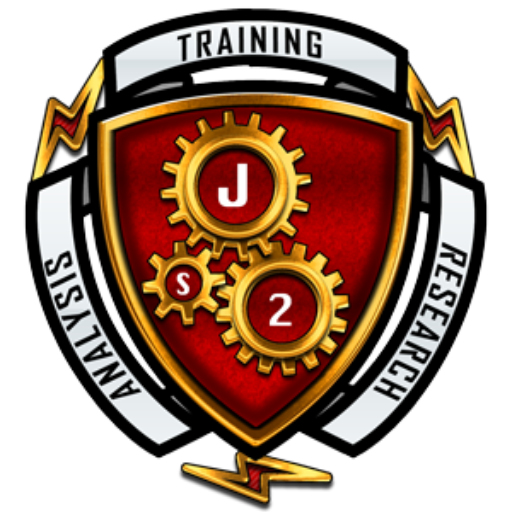So you’re going after sensitive information. I’m not going to ask why and I’ll assume it is for a noble purpose. You already probably know a thing or two about elicitation since we covered collection methods my last post.
Your first step in gathering sensitive intel is to clarify what it is you want and how you can achieve your objective with the least amount of information from your target. Don’t get greedy, get the specific thing you want and get out.
After you know what you need, you should do as much planning as time permits. Logistics, egress routes, and contingencies all need to be considered before going out into the field to collect. So your op is cleared hot and you’re ready to rock. You need to pick your target.
[Tweet “When planning to gather information, the first step is selecting your target.”]Picking A Target
The lazy eliciter is the smart eliciter. Find the path of least resistance to your objective.
Here is our hypothetical situation: You want to know where Congressman Smith is going to be on a certain date so you can tell him what a great job our government is doing. You could get in front of him and try to elicit that way but the congressman is a Hard Target. He knows he has sensitive information that needs to be kept confidential plus, the guy is a professional talker and he knows how to avoid giving an answer.

“I Hear you’ll be in Texas on Friday, Congressman.”
-“The real issue here is Friday. Do you think China has a Friday? They work 8 days a week!”
Important people are surrounded almost constantly by security, assistants, secretaries, and yes men. While the Congressman is a Hard Target, his entourage may contain Soft Targets. These Soft Targets are your path of least resistance to the information you want.
Going Soft
As we have covered before, people like people who make themselves feel good. Many of these soft targets like secretaries and assistants are underpaid and under appreciated. Provide that appreciation, make them feel important and their tongue will loosen considerably. So you have found out that both the secretary and the Congressman’s driver know where he will be. Again, we tread down the path of least resistance. The driver might know that he shouldn’t hand out information to strangers but, the driver’s wife may not. Here is your elicitation target.
Your access to the information you want is now separated by two people from your original target. This serves multiple purposes; the further you back away, the less security conscious these people are, the easier the information is to get, and the further removed you are from suspicion and compromising your op.
Now What?
You have picked your target: the wife of the driver. Now, you need to figure out her weaknesses and how to best exploit those which coincide with your strengths. Does she have a big ego and are you a fantastic flatterer? Make her feel like she is in control of your interaction because clearly she is a very important person. Does she like to brag about how important her husband’s job is? Exploit that.

“My husband is a very important man, he drives a Dodge Stratus.”
One Point to Gryffindor!
Going into your op, you may already have some knowledge of potential targets. Think of it as a point game. If you know a potential target has a huge ego she gets +5 points and moves up the list of elicitation targets. Another potential target loves to gossip and likes to be seen as an expert in his line of work he gets +10 points. Your attribution of points should coincide with your abilities to exploit those specific weaknesses.
Exhibit A With Employee B
I go out periodically on elicitation exercises and I’ll share a tidbit of how I chose my target for my most recent one. Like my previous field trip this was at a retail store. My primary objective was finding out shift schedules and if I wanted to show off, any other sensitive information was icing on the cake.
There were two employees on the floor and after watching them interact with customers for 5 minutes I had made my choice. Employee A was in his mid 30’s, overweight, but confident. While employee B was in his mid 20’s, socially awkward, and from what I could tell (which was mostly guessing) he did not like employee A. B had two things I could exploit: his awkwardness in social situations and his dislike of A. B was the clear choice of target between the two.
I opened with a provocative statement about his coworker to gauge his reaction and upon confirmation of his dislike, I traveled down that path to building rapport quickly with my target. Once I knew I had a measure of rapport I set out to increase his cognitive load by bombarding him with non-related questions and statements to exploit his poor interpersonal skills. The target was so busy thinking about other things I had said he let slip the information I came there for without noticing. I closed our interaction by lightening the load and making him forget how anxious he was just a minute earlier.

“So when do you get off work?”
-“Are you asking me out?”
*Stay in cover* “Uh…yeah, that’s it.”
Your choice in target can be just as important as your raw elicitation skills. Eliciting is not like riding a bike, however. If you do not make use of it, your ability atrophies and you are less effective and more likely to be compromised. I know of course that what I have shared with you will only be used for good. Happy hunting!











